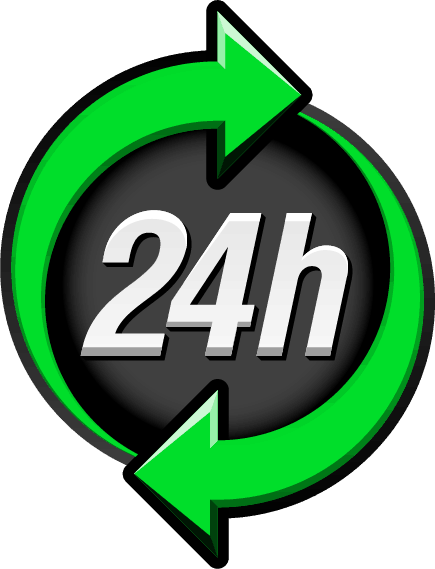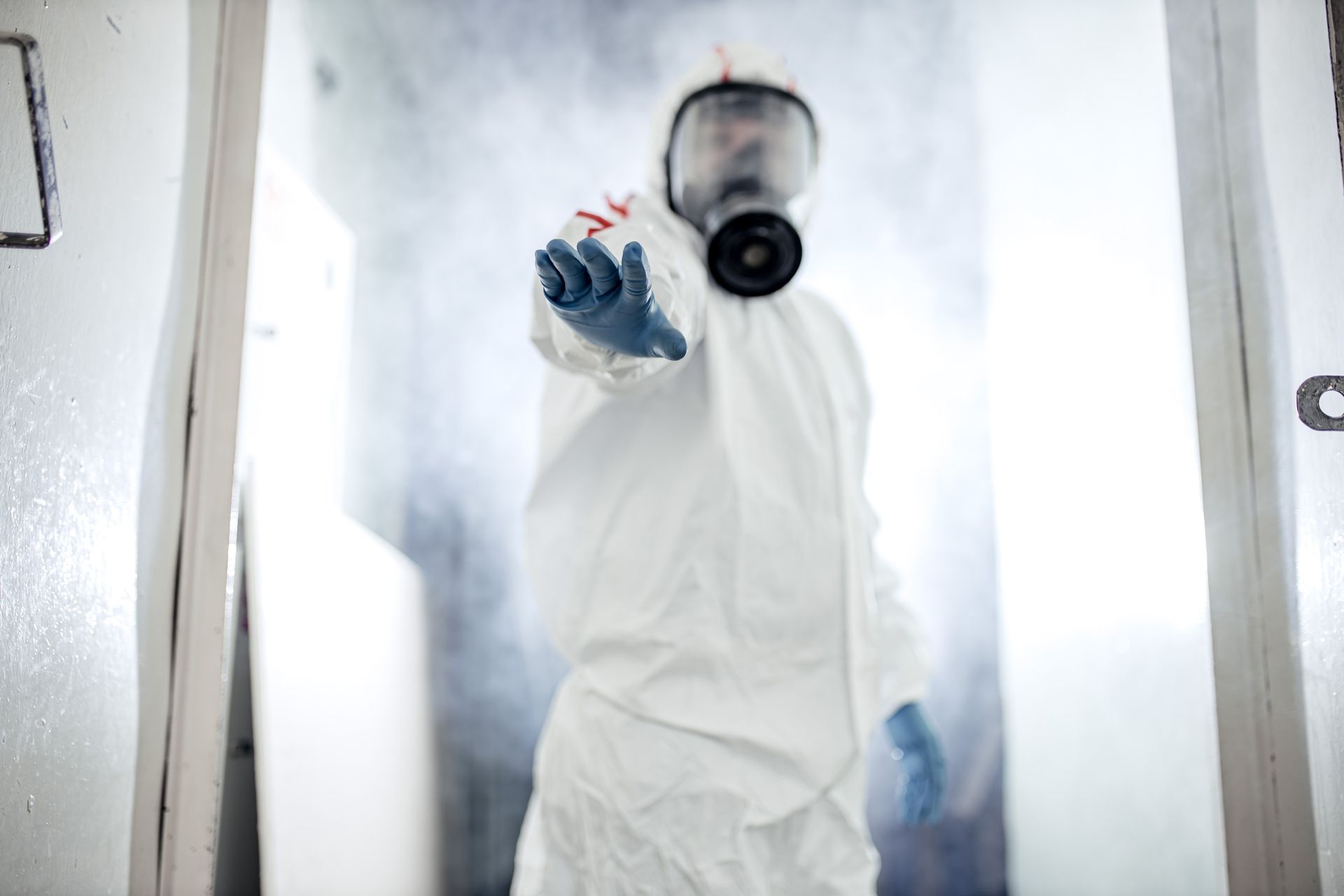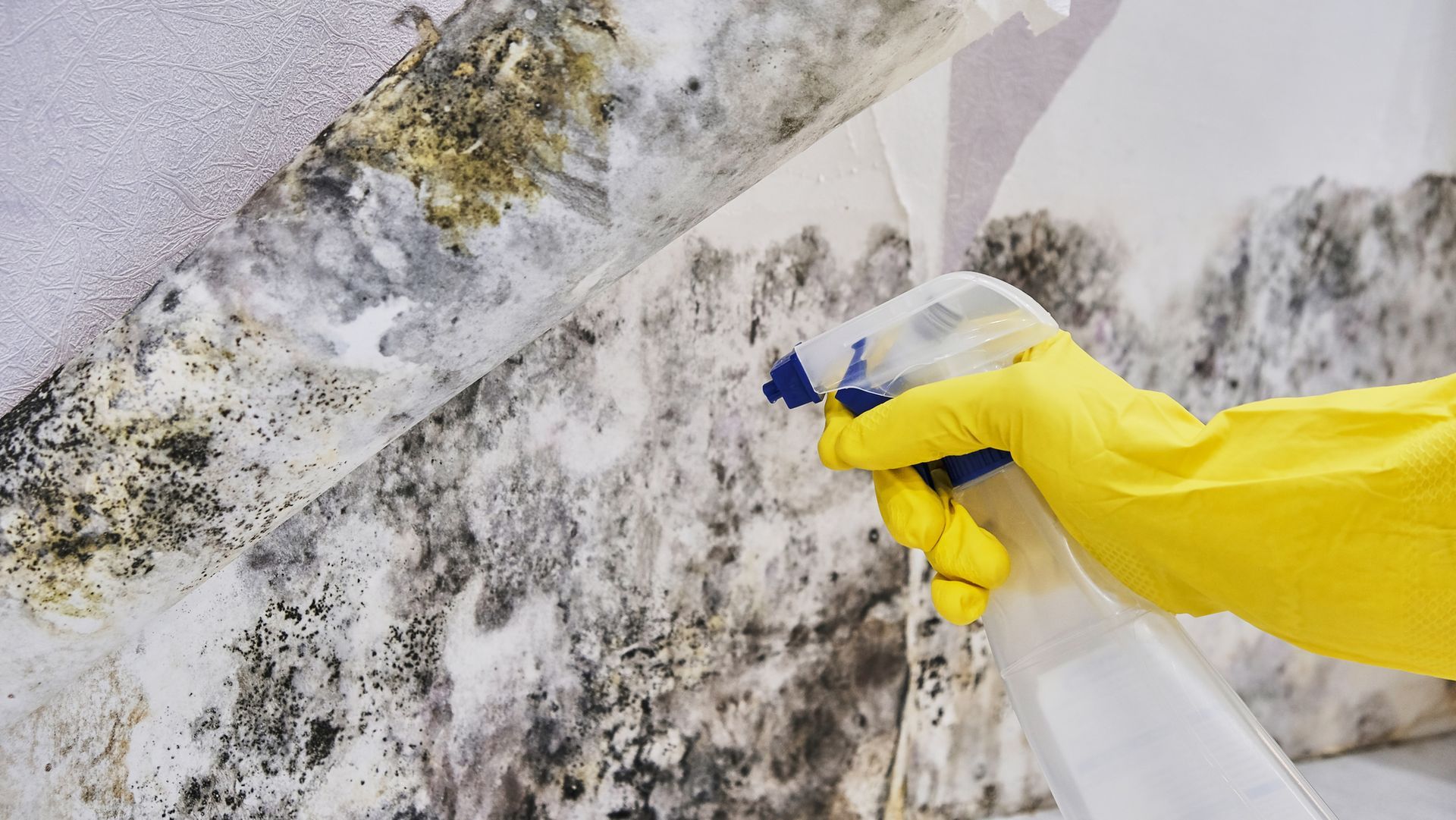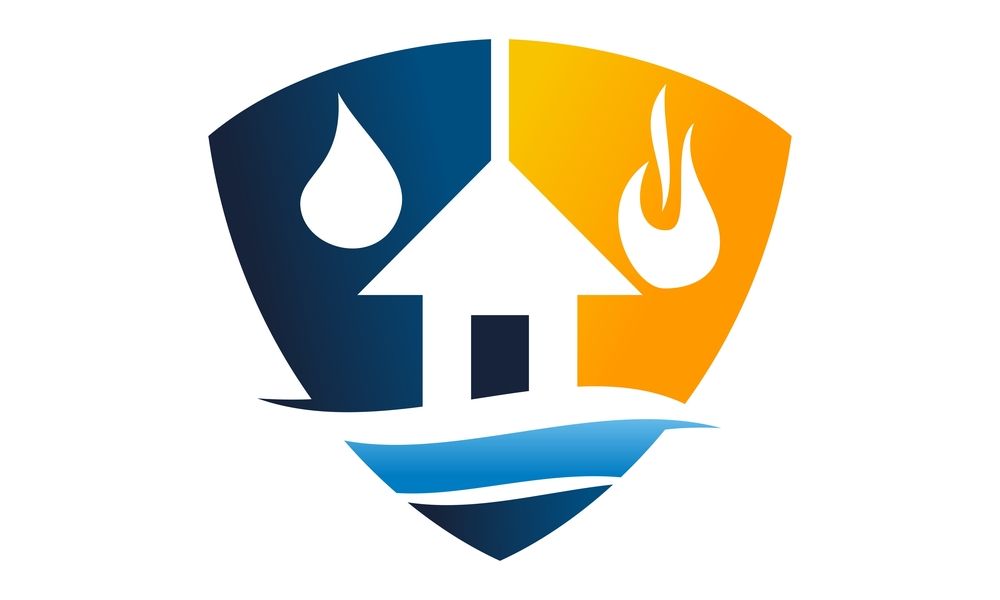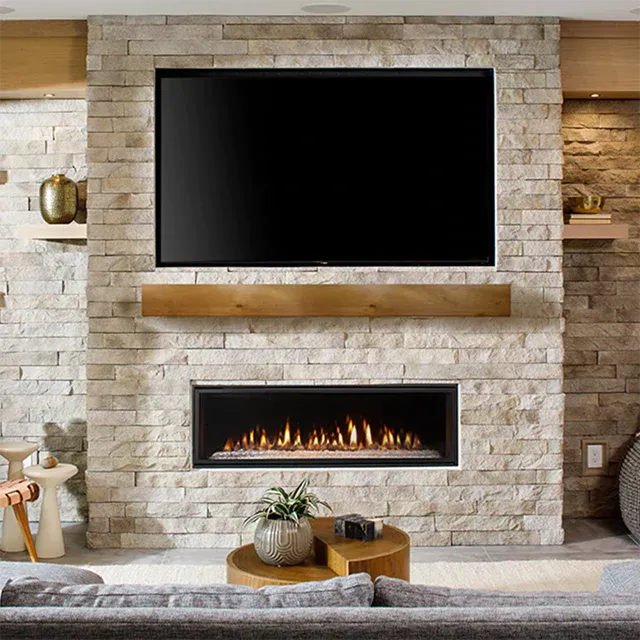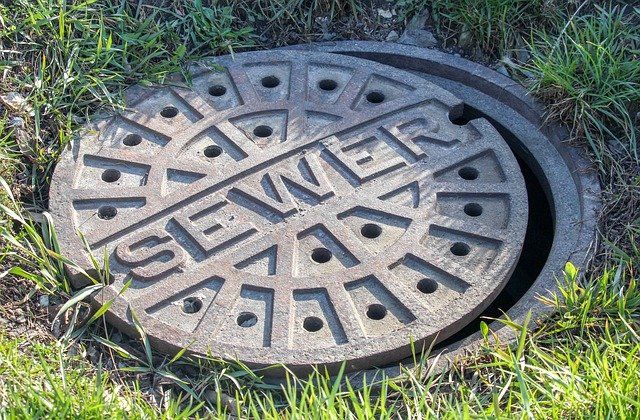How To No Let Home Repairs Cause Financial Ruin
How To No Let Home Repairs Cause Financial Ruin

Have you ever noticed how housing troubles seem to arise at inconvenient times, such as a burst pipe right before out-of-town guests arrive or an A/C breakdown during the warmest week of the year? Unexpected home repairs may be stressful, and they can also be expensive if you aren't prepared. You must follow these rules if you want to avoid being caught off guard when it comes to emergency repairs.
Maintain Your Home Regularly
Maintaining your home is arguably the most straightforward strategy to minimize costly home repairs before they occur. You might spend a few minutes each month looking for basic maintenance concerns such as gutter cleaning and preventing tree branches from growing too close to your home.
Changing the filters in your HVAC system is another maintenance duty that many people ignore. Filters should be changed every three months as a general guideline, but depending on your system and home, you may need to change them more frequently. You may also sign up for a service that will bring filters to your house on a regular basis, ensuring that you have one on hand when it's time to replace them.
Maintaining your filters will help you avoid losing heat in the winter or having your air conditioner fail when you most need it. Before going on to the next phase in the house repair process, if you don't have air conditioning, consider these techniques to stay cool. To make house maintenance and emergency repairs a little less stressful, stock a toolbox with basic tools like a screwdriver and wrench, as well as some must-have items like the ever-useful duct tape.
Repairs Done Right When Problems Occur
Most homeowners will be relieved to discover that they can perform a range of house repairs on their own. For example, if a drain is clogged and overflowing, a plunger will generally solve the problem, and fixing little leaks around the house is usually rather straightforward.
If you have a more serious condition, though, you should seek professional assistance. In fact, performing some repairs on your own is forbidden. If you attempt any major repair involving gas cooktops or appliances, as well as septic tank problems, on your own, you risk voiding warranties, serious harm, and even legal consequences. So, if you're looking for a contractor for a big job, take these simple steps to choose a respectable one. Check local resources and websites for skilled labor referrals, but make sure you properly verify whether your contractor is licensed — and always utilize a signed contract. Following these last procedures ensures that any work done on your house is covered by insurance, safeguarding you against financial loss.
Save Some Money to Cover Potential Repairs
Even with routine maintenance, it's impossible to foresee when an emergency may arise. That's why it's a good idea to set aside money for unexpected repairs. It's one of the simplest methods for covering the expense of house repairs. If you can, set aside at least $2,000 for a "rainy day repair fund" so you don't have to rely on costly loans or credit card charges in the case of an emergency. Keep in mind the repairs that your homeowner's insurance will not cover when estimating your emergency reserves. Water damage from sewage, leaks, or mildew is sometimes overlooked, but the costs of water issues do not end there. You should also budget for any additional costs that may arise as a result of emergency home repairs, such as higher utility bills.
One of the many advantages of owning a house is not having to deal with unanticipated emergency repairs. If you know how to avoid these house calamities, where to locate reliable help, and how to build up your own emergency savings account, you may be better equipped to cope with them. These are a few easy actions that might help you save a lot of time and money. Call AIM Green Restoration if your house has been affected by a burst pipe, mold, or water damage of any type.


